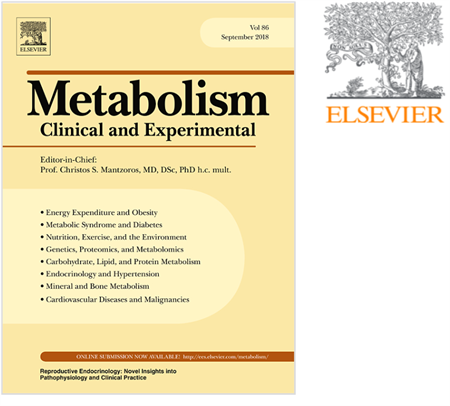Introduction
Apolipoprotein C-III (ApoC-III) is a mostly liver-derived serum O-glycoprotein, which is used, along with an N-glycoprotein transferrin (TF), as a marker in the biochemical screening for congenital disorders of glycosylation (CDG). However, it is increasingly evident that secondary glycosylation abnormalities might occur in other, non-CDG metabolic diseases.
Material and Methods
Here we examined the glycosylation status of serum TF and Apo-CIII by isoelectric focusing, SDS-PAGE and MALDI TOF mass spectrometry in our group of 24 patients with various types of glycogen storage disorders (GSD; types 0, Ia, non-Ia, III and IX).
Results
While in GSD types Ia and non-Ia we found variable and mild ApoC-III hyposialylation, GSD types III and IX showed significantly aberrant ApoC-III glycosylation with a characteristic relative increase of its aglycosylated form. No correlation was found between ApoC-III sialylation and triglyceridemia within the analyzed group.
Conclusions
Due to a lack of an enzymatic assay for GSD type III and a certain unreliability of the assay for GSD type IX, our finding could help clinicians in differential diagnosis to better target and select appropriate genetic analysis for the suspected patients. We hypothesize that the detected profound ApoC-III hypoglycosylation in these two disorders results from reduced availability of the nucleotide-monosaccharides, specifically UDP-GalNAc, in the corresponding glycosylation reactions.

ONDRUŠKOVÁ, Nina - HONZÍK, Tomáš - KOLÁŘOVÁ, Hana - PAKANOVA, Zuzana - MUCHA, Jan - ZEMAN, Jiří - HANSÍKOVÁ, Hana (K). Aberrant apolipoprotein C-III glycosylation in glycogen storage disease type III and IX. Metabolism: Clinical and Experimental. 2018, 82(May), 135-141. ISSN 0026-0495.
https://doi.org/10.1016/j.metabol.2018.01.004
IF = 5.963
(vyslo Kveten 2018)

